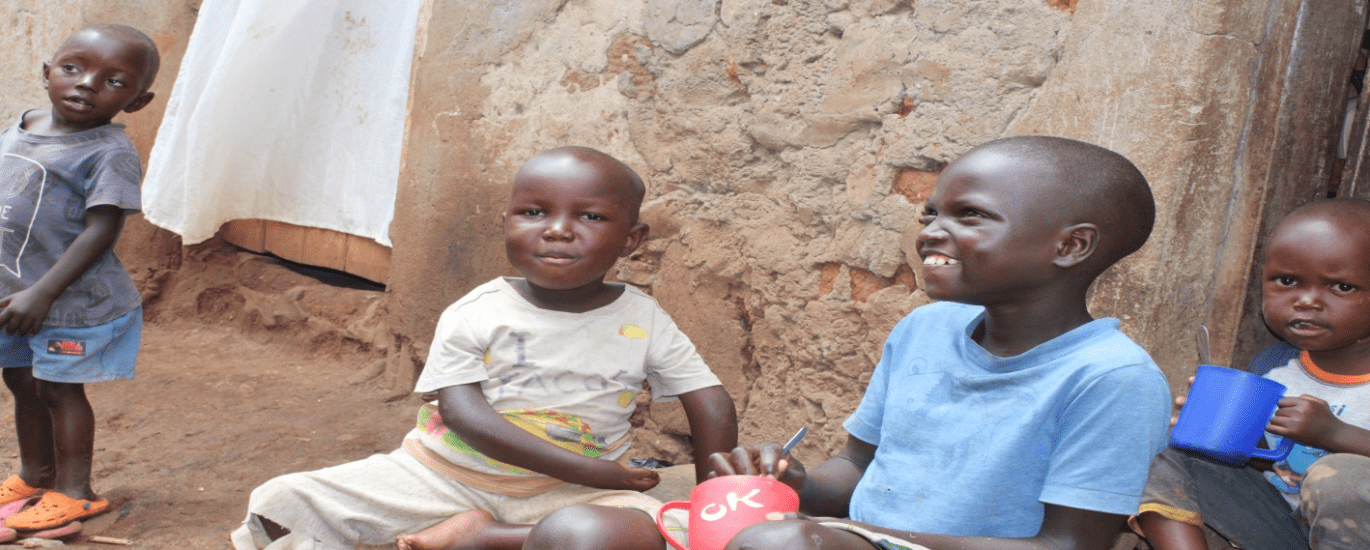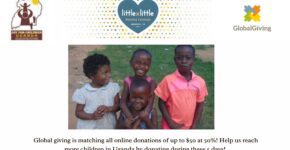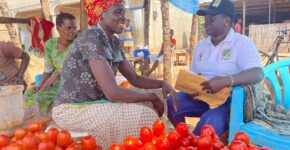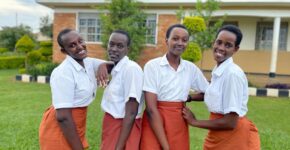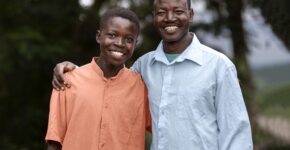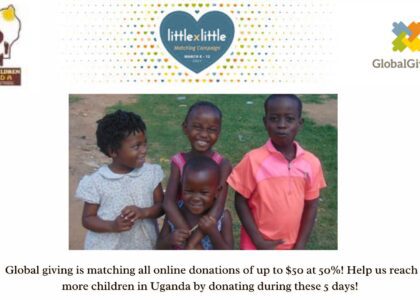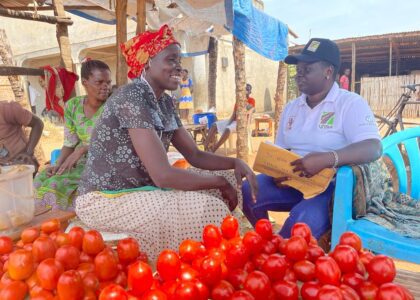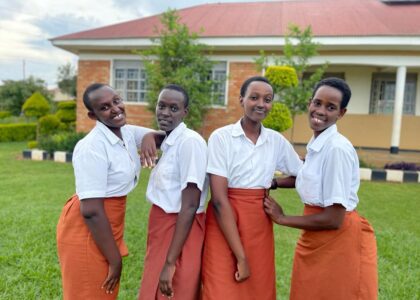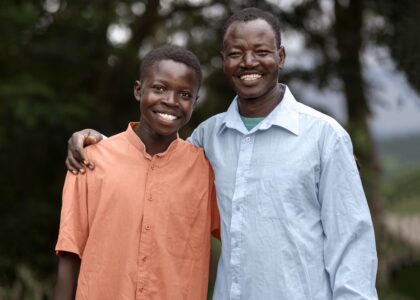INCLUSIVE EDUCATION FOR CHILDREN WITH SPECIAL NEEDS
Taking a stroll in one of the slums of Kampala, Uganda’s capital city, one notices Children with special needs struggling to play with their peers who are not disabled.
Children with special needs are most marginalized and their concerns are often ignored. They face pervasive barriers that limit their participation in education. While there have been recent efforts to improve inclusion of children with disabilities in Uganda for example access to education through 3 different types of schools- Special schools, units attached to main stream schools and all inclusive schools that allow both children with or without disabilities, exclusion is still persistent.
UNICEF (2014) estimates about 16% of Ugandan children are disabled and only 5% of the children are able to access inclusive school and 10% in special needs school. According to ministry of education and sports (2017), about 172,864 children with special needs are in primary schools and 8,945 students in secondary schools. Access to quality education has long been recognized as both a fundamental human right and as essential for reducing poverty, inequality and achieving other development goals. Sustainable development goal #4(Quality Education) stress the need for inclusive education for both boys and girls.
Kato’s Story
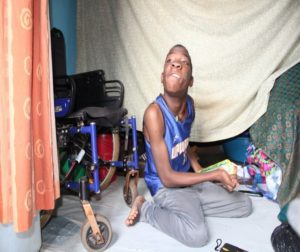 When Kato and his twin brother Waswa were born 20 years ago, their parents were thrilled to have twins. In African settings twins are considered to bring good luck, riches and happiness to their families. Unlike for Kato’s family, things turned out different when his elder brother Waswa passed on a few weeks after he was born.
When Kato and his twin brother Waswa were born 20 years ago, their parents were thrilled to have twins. In African settings twins are considered to bring good luck, riches and happiness to their families. Unlike for Kato’s family, things turned out different when his elder brother Waswa passed on a few weeks after he was born.
Before I gave birth to my twins, life was good. I used to work in a kindergarten as a teacher and I would to support my husband with managing our home. Things took a different turn when I gave birth to disabled children; my husband abandoned me after the death of our son. said Agnes Kato’s mother.
The family re-located to Mulago, Katale zone one of the impoverished slums of Kampala leaving under a small one roomed house with limited access to the sanitary facilities particularly for Kato who was then unable to move by himself.
I stopped working because I had to stay at home and look after Kato, He cannot do anything by himself. I have to feed, bathe, take him to the washroom and put him to bed in the evening. The mother adds.
In March 2016, Agnes joined the Children with disability project under Kampala slum women Development project implemented by Joy for Children-Uganda in the four slum communities of Bukoto, Mulago, Makerere kivulu and Bwaise. The project currently supports 55 Children with different kinds of disabilities such as cerebral palsy, Down syndrome, autism, visual impairments among others.
Joy for Children-Uganda trains the women in skills development, empowerment and offers weekly physiotherapy aid to the Children with special needs. As a result of these different interventions, Kato was able to get a wheel chair, enrolled in a nearby school and is able to get out of his chair with ease, get out of bed and feed himself.
The government of Uganda has taken several strides in ensuring inclusiveness in the education sector for example the inclusive education policy which focuses on modification in teaching methods, learning resources, communication and adjusting the learning environment to meet individual learning needs.

